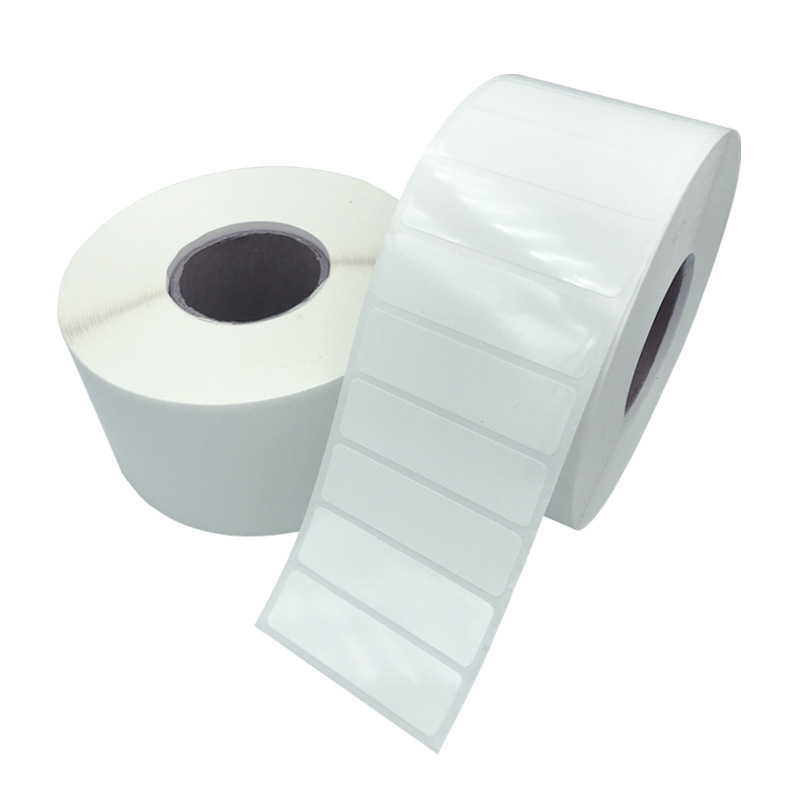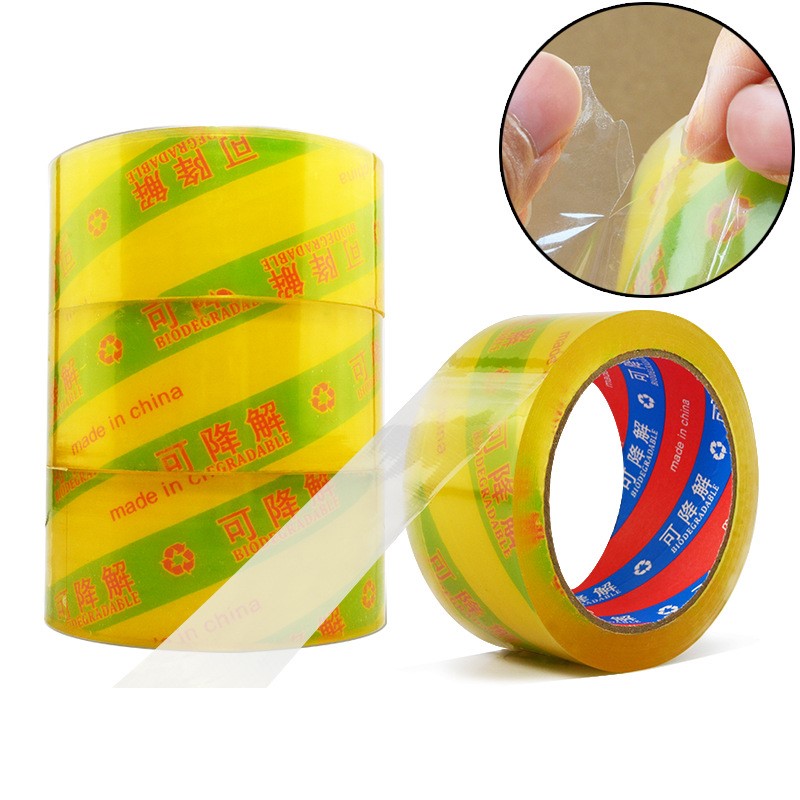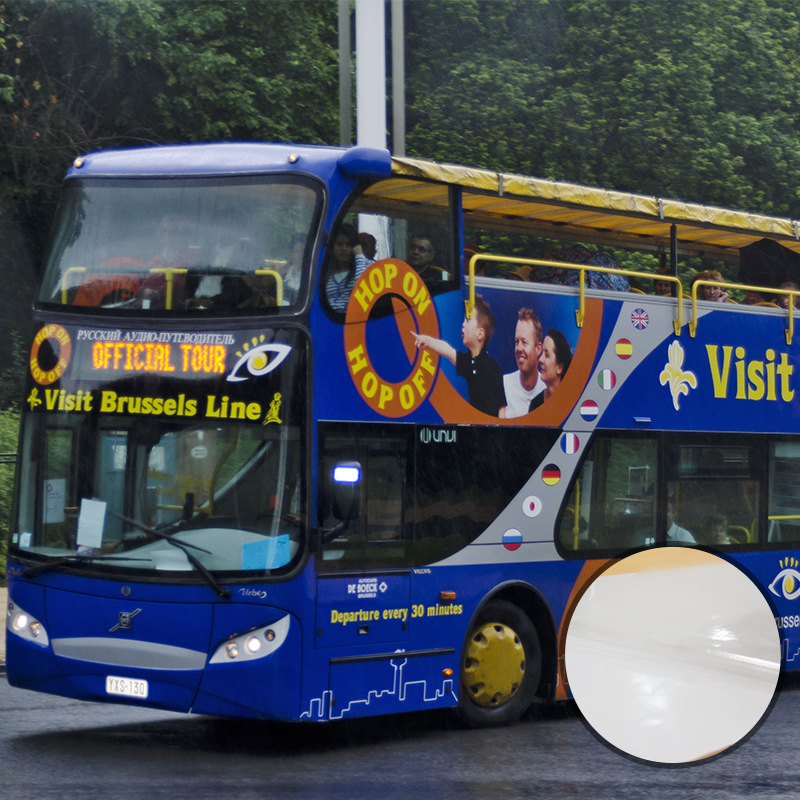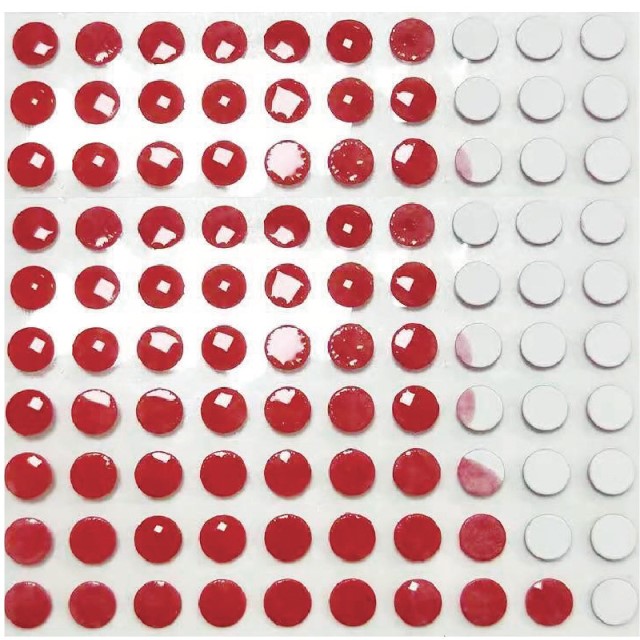The Sticker Label Industry: A Comprehensive Overview
The sticker label industry plays a vital role in various sectors, including automotive, manufacturing, and consumer goods. Car emblem production processes, as employed by car emblem manufacturers, provide valuable insights into the world of sticker label manufacturing. In this article, we will delve into the intricacies of the sticker label industry, with a specific focus on car emblem production. We will explore the key processes involved, materials used, and the industry's significance in modern manufacturing.
Sticker Label Production: An Overview
Sticker labels, often underestimated in their importance, serve numerous functions. From branding and product identification to safety and compliance, sticker labels are ubiquitous. The sticker label production process encompasses several crucial stages, including design, material selection, printing, and finishing. Below, we will examine these stages in detail.
Design and Artwork
The design of a sticker label is a critical first step. It involves creating the visual elements that will represent the product, brand, or information to be conveyed. Designers use graphic design software to craft the label's layout, incorporating text, images, and logos. The design must align with the brand's identity and adhere to any legal or regulatory requirements.
Material Selection
Choosing the right material is paramount to the sticker label's performance and durability. Common materials for sticker labels include paper, vinyl, polyester, and polypropylene. Each material has its unique properties, such as resistance to moisture, UV exposure, and adhesion capabilities. The selection depends on the label's intended use and environmental conditions it will face.
Printing
The printing process involves transferring the design onto the chosen material. There are various printing methods, each suited for specific applications. Digital printing is cost-effective and suitable for short runs, while flexographic and offset printing offer high-quality results for larger quantities. Color matching and consistency are essential, particularly in branding and product labeling.
Finishing Techniques
After printing, finishing techniques are employed to enhance the label's functionality and appearance. Common finishing options include lamination, die-cutting, and varnishing. Lamination provides protection against moisture and wear, while die-cutting shapes the label. Varnishing adds a glossy or matte finish, depending on the desired aesthetic.
Car Emblem Production: A Case Study
Car emblem production exemplifies the application of sticker labels in a specialized context. Car emblems are essential components of a vehicle's branding, contributing to its aesthetics and identity. The production process involves specific techniques to ensure durability and aesthetic appeal.
Material Selection for Car Emblems
Car emblems often use materials like chrome-plated plastic or metal. These materials must withstand the harsh automotive environment, including exposure to extreme temperatures, UV radiation, and moisture. The selection of materials is crucial to ensure longevity and visual appeal, as car emblems are highly visible and must maintain their luster over time.
Embossing and Injection Molding
Embossing and injection molding are common techniques employed in car emblem production. Embossing creates raised design elements on the emblem's surface, adding a tactile and three-dimensional quality. Injection molding allows for precise and intricate detailing, ensuring that the emblem accurately represents the brand's logo or design.
Adhesive Application
Adhesive application in car emblem production is critical. The adhesive must securely bond the emblem to the vehicle's surface, even in challenging conditions. Automotive adhesives are engineered to withstand temperature fluctuations, vibrations, and exposure to external elements, ensuring the emblem remains firmly attached throughout the vehicle's lifespan.
Quality Control and Inspection
Stringent quality control measures are implemented in car emblem production. Each emblem undergoes thorough inspection to ensure that it meets the brand's specifications. Quality control may involve visual inspection, adhesion tests, and durability assessments. Any imperfections are addressed before the emblems are ready for application to vehicles.
Industry Significance
The sticker label industry, with a focus on car emblem production, has far-reaching implications in modern manufacturing and consumer experience. Here are some key points highlighting its significance:
- The sticker label industry is integral to branding, helping companies establish their identity and communicate with consumers.
- In the automotive sector, car emblems serve as a symbol of quality, trust, and recognition, influencing consumer purchasing decisions.
- Sticker labels play a vital role in product safety and regulatory compliance, ensuring consumers have access to essential information.
- The industry's continuous innovation in materials and printing technologies contributes to the development of sustainable and high-performance label solutions.
- Global supply chains rely on sticker label manufacturers to provide versatile and reliable labeling solutions for diverse products and markets.
Conclusion
The sticker label industry is a multifaceted field with diverse applications across sectors. Car emblem production, as a specialized subset, exemplifies the industry's commitment to quality, durability, and visual appeal. Whether in automotive branding, consumer goods, or industrial manufacturing, sticker labels remain indispensable components that bridge the gap between products and consumers.
As technology continues to advance, the sticker label industry will undoubtedly evolve to meet the changing demands of the modern world, ensuring that labels continue to serve their essential functions in an increasingly complex and interconnected marketplace.
We offer comprehensive technical support, including free professional labeling solutions, advice on label materials and adhesive selection, as well as online/offline assistance from professional software and hardware engineers. Service email: andy@ownlikes.cn. In pre-sales, we leverage our extensive experience in specialty labeling projects to provide clients with the most suitable hardware solutions. Additionally, all our label barcode printers and scanners come with a three-year free warranty, demonstrating our confidence in our products.






This site is protected by reCAPTCHA and the Google Privacy Policy and Terms of Service apply.